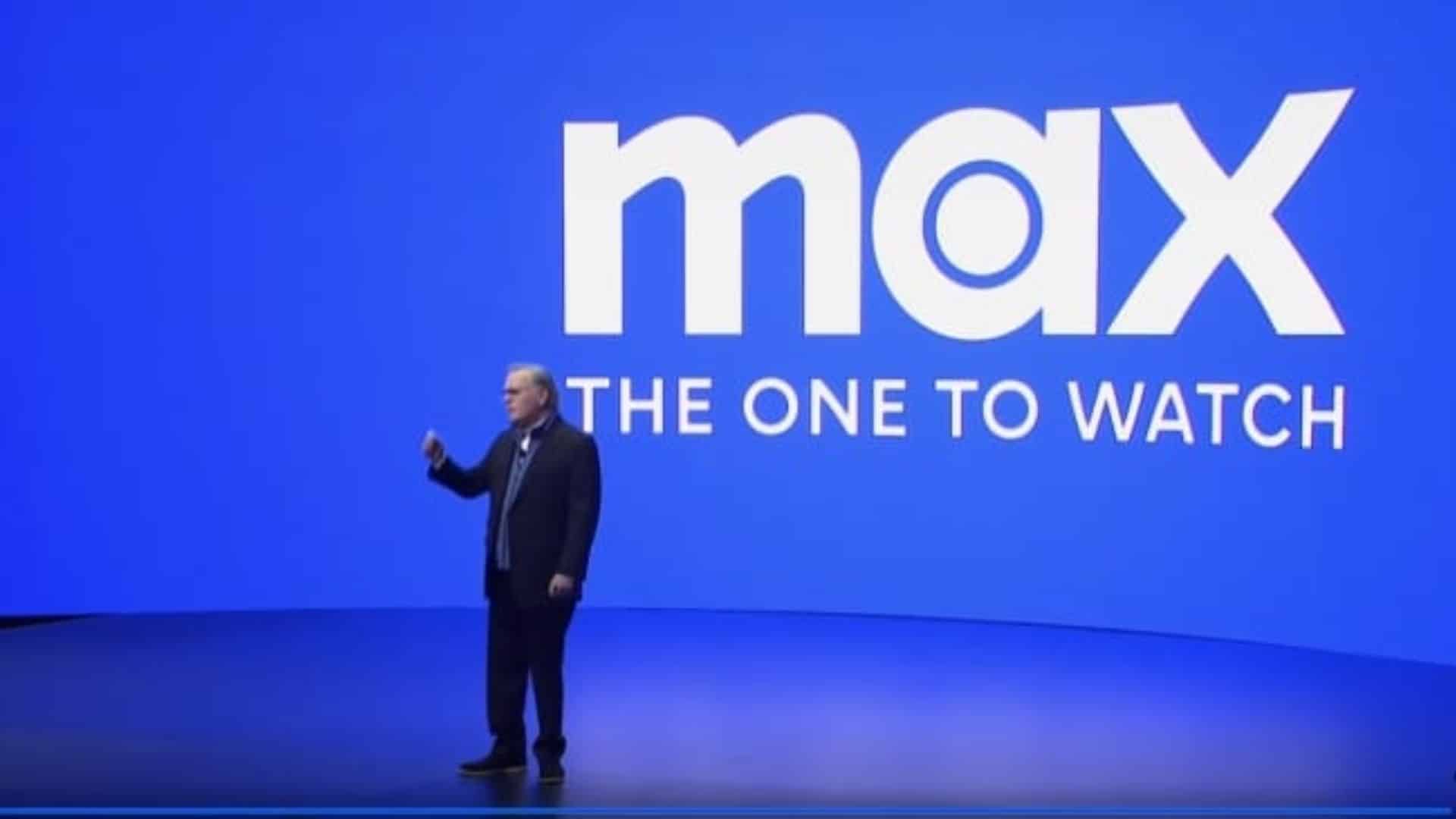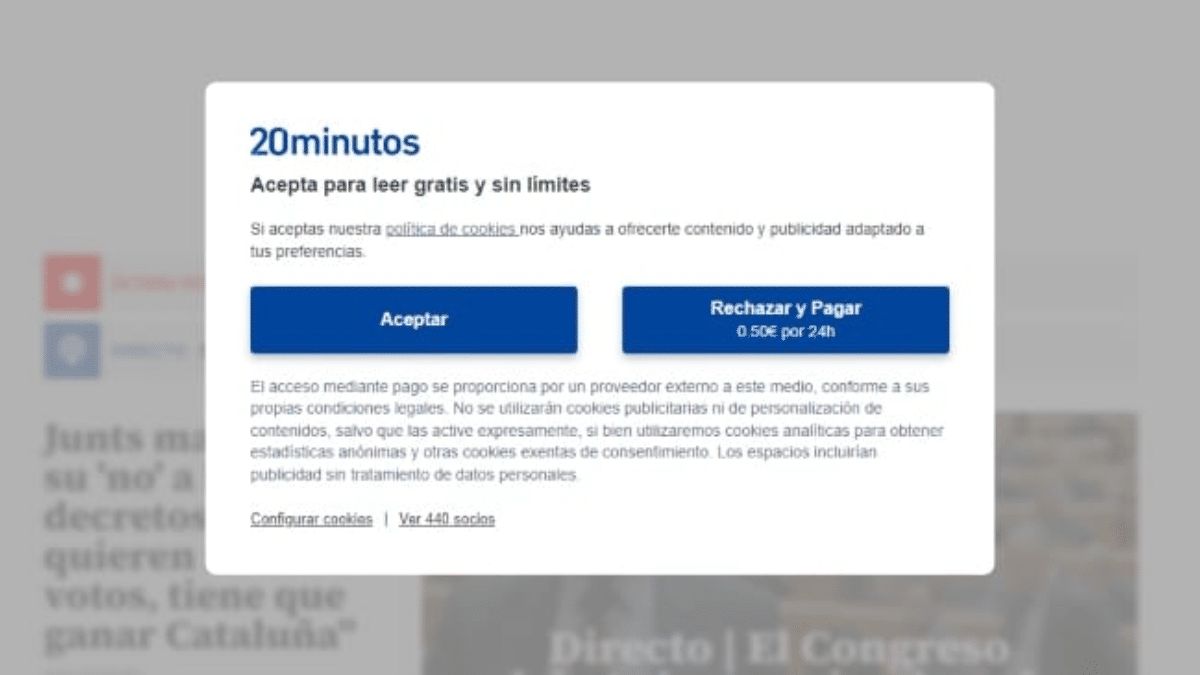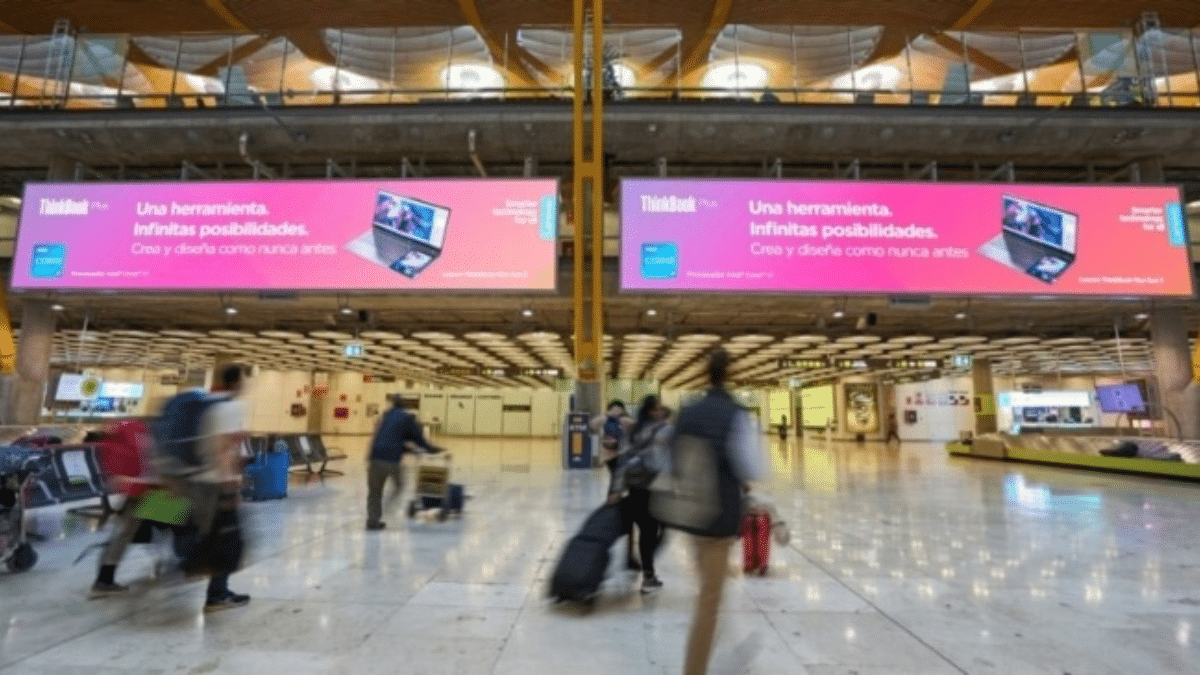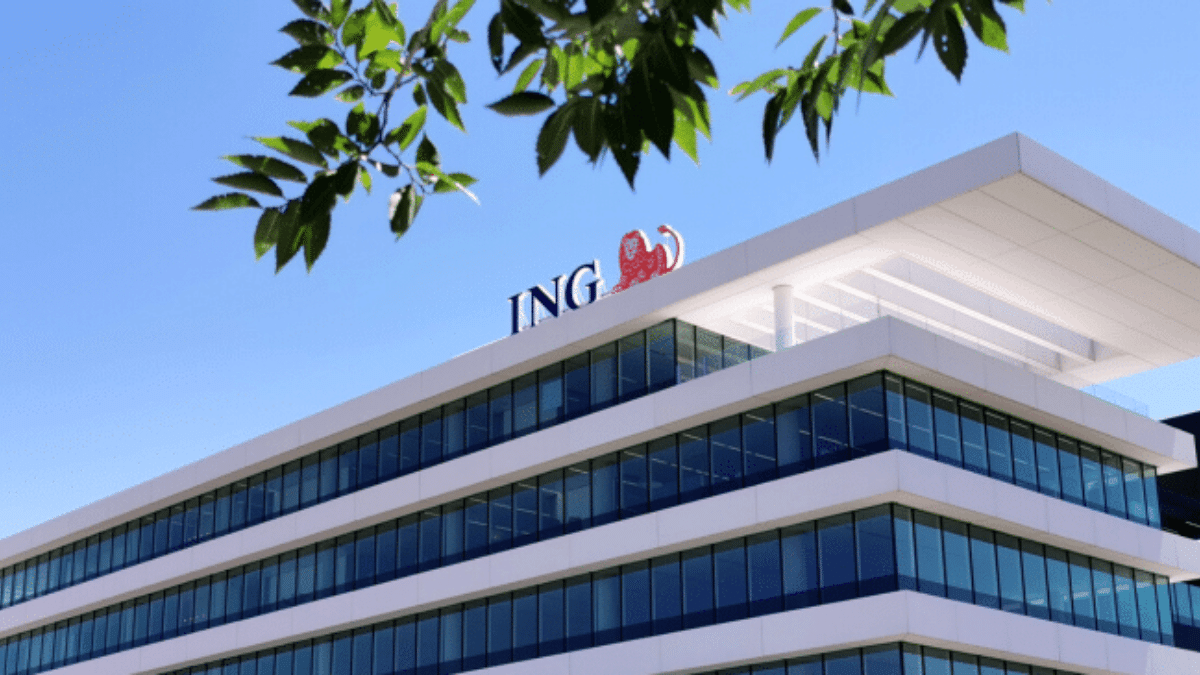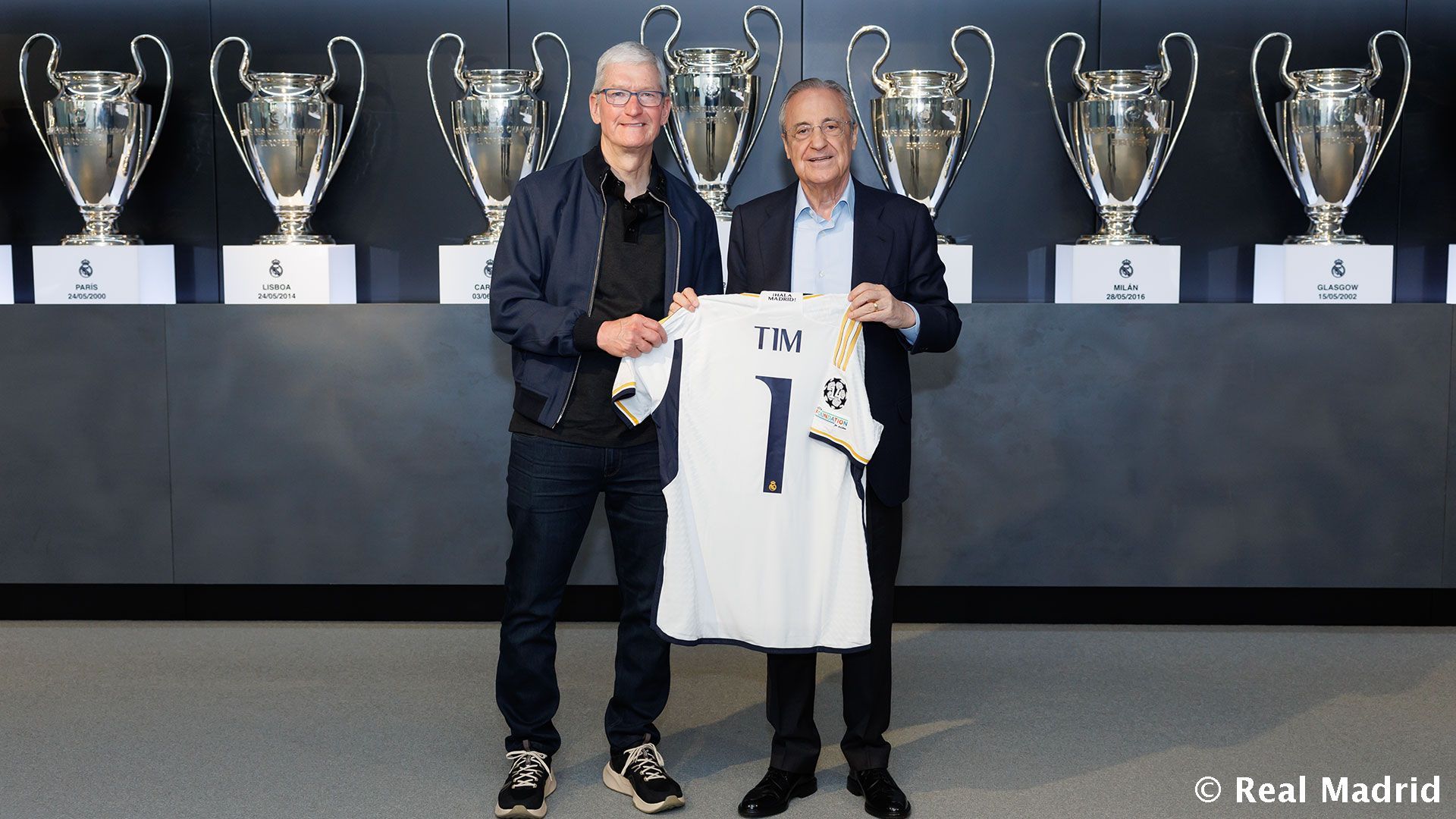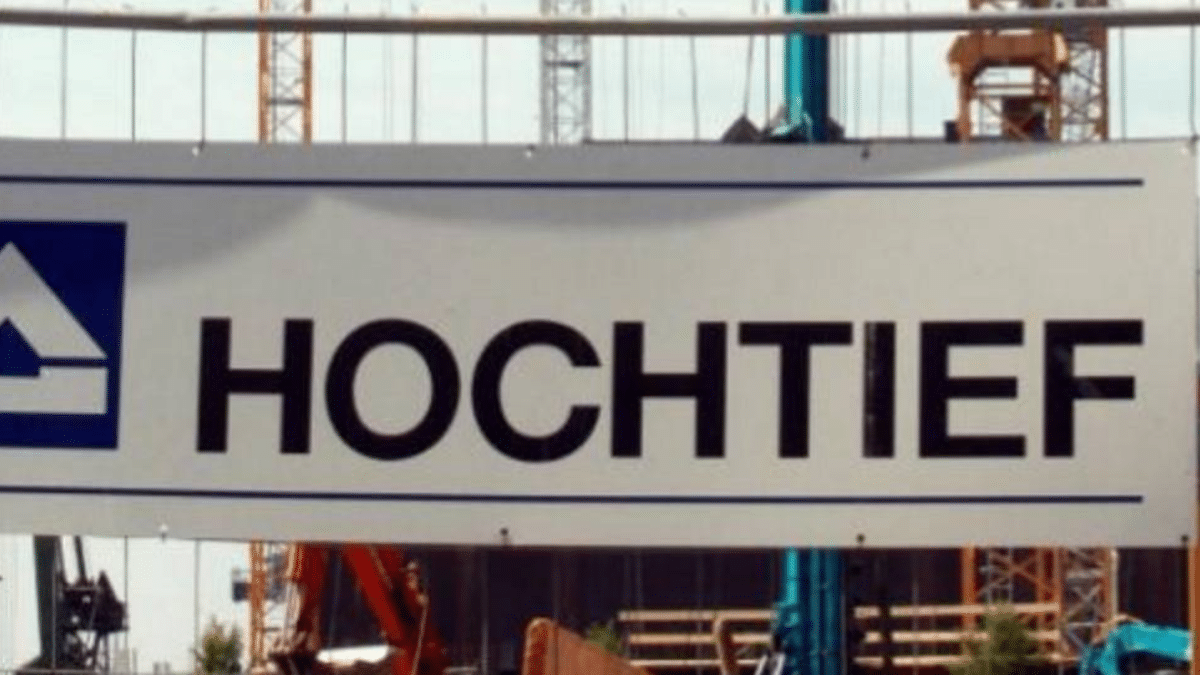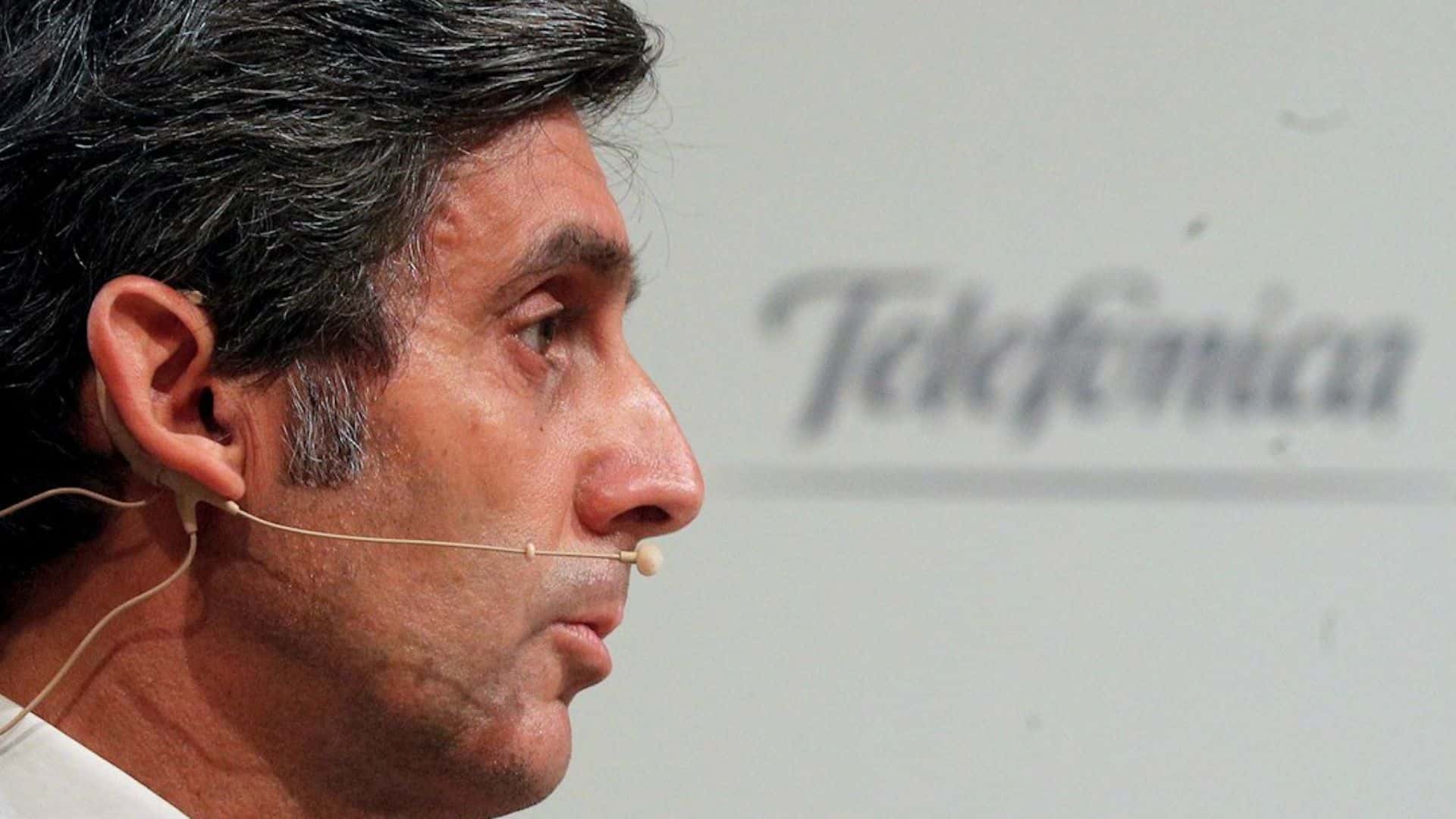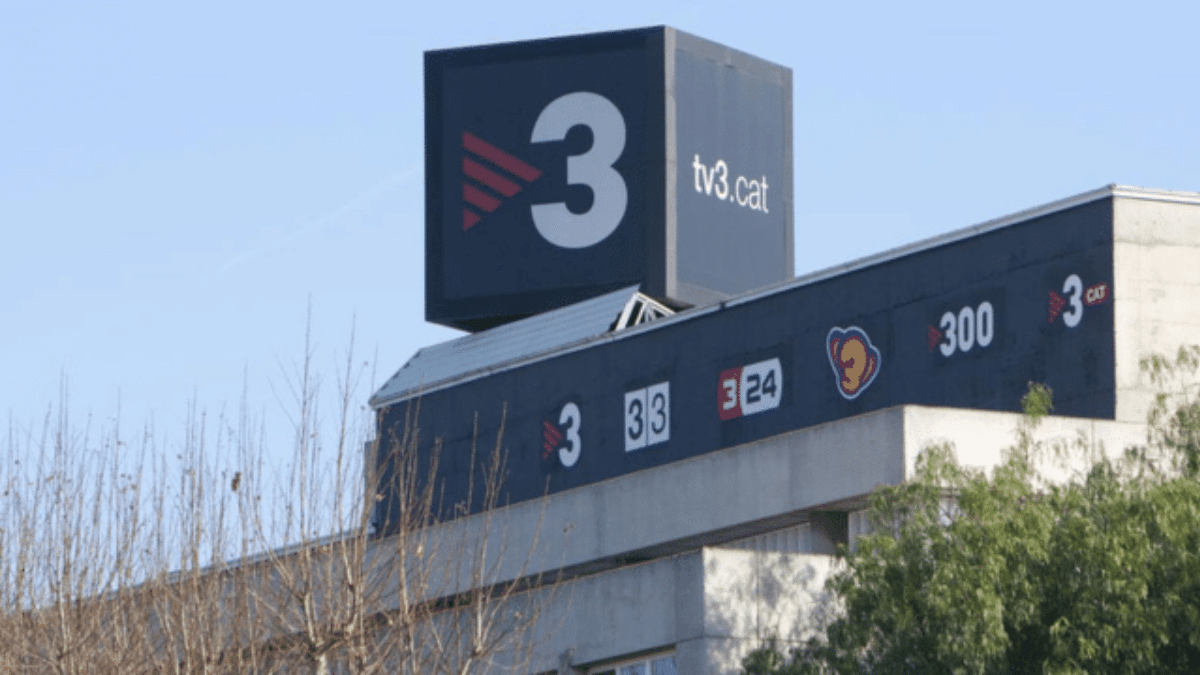
Falling executive pay drags down average advertising agency salaries
Average salaries for media and creative agency professionals have fallen this year due to lower pay among senior management. However, more than half of the sector’s workers report that their gross annual salaries have remained the same (64% in media agencies and 51% in creative agencies).
This is the main conclusion of the latest edition of the SALARY SCOPE in Spain, carried out by the consultancy SCOPEN in collaboration with the FEDE/Agencies of Spain and the ACT. The study was carried out thanks to the participation of 1,178 professionals (684 from creative agencies and 494 from media agencies), from 72 different positions.
The average salary for creative agencies is 50,700 euros (-2.9%) and for media agencies 65,300 euros (-10%).
According to this study, despite the complicated global situation, in creative agencies, more than 40% of professionals say they have had salary increases (30% of those in media agencies). The average salary figure, however, is down by an average of 6.6% overall in agencies, especially in the case of creative agencies, due to the decrease in executive pay. The average gross salary of the 684 creative agency professionals interviewed in 2022 is €50,700, compared to €52,200 in 2020 (-2.9%); and that of the 494 media agency professionals falls from €65,300 to €58,600 (-10.3%).
Another important finding of the study is that two out of three agency professionals interviewed have stayed with the same company and in the same position in the last year.
Creative agencies
Professionals in Madrid have a higher salary than those in Barcelona and the rest of Spain (+5.3%) and those working in multinational agencies are paid 13.1% more than those in independent agencies.
Creative agencies are still committed to increasing the salaries of junior talent and of the four most junior positions analysed, in three of them (Strategic Planner, Account Executive and Art Director), average salaries have increased, with only the salary of Copywriter/Copywriter decreasing compared to last year’s edition.
Nineteen per cent of professionals receive additional variable remuneration, rising to 44% in the case of managers. Of those who receive variable remuneration, 66% is a target bonus and 43% is a turnover/profit incentive. Non-monetary remuneration has fallen significantly (only 29% receive it compared to 62% in the previous edition) and some, such as mobile phones and training courses, are particularly low.
Female managers in the 2022 sample grew by 9 points compared to the 2020 edition, almost matching the number of male managers interviewed (47% vs. 53%). The pay gap among managers remains at 17.4%, at levels very similar to those of the previous edition, being lower (13.7%) in non-managerial positions.
Media agencies
As in the case of creative agencies, professionals in Madrid have slightly higher salaries than those in Barcelona and the rest of Spain, in this case with a difference of 9.6%. Agencies belonging to multinational groups also earn higher salaries (+8.1%) than independent agencies.
Among media agency professionals, 23% receive additional variable remuneration, which in the case of managers rises to 54%, the majority of which are bonuses for objectives (84%) and only 18% are turnover/profit incentives. Non-monetary remuneration is slightly higher here (49%) but also significantly lower than in the previous edition (89%).
For the first time, we find more female managers than male managers in the media agency sample (53% and 47%, respectively), where the pay gap is 13% (9% in 2020). In non-managerial positions, the gap is smaller (8.2%).
Overall, 69% of agencies review salaries annually, with December and February being the most common time of year for salary reviews, with some differences between profiles.
Following the COVID-19 pandemic, almost all teams have returned to the office, mostly with a hybrid model of approximately 50% of the time between face-to-face and teleworking.

